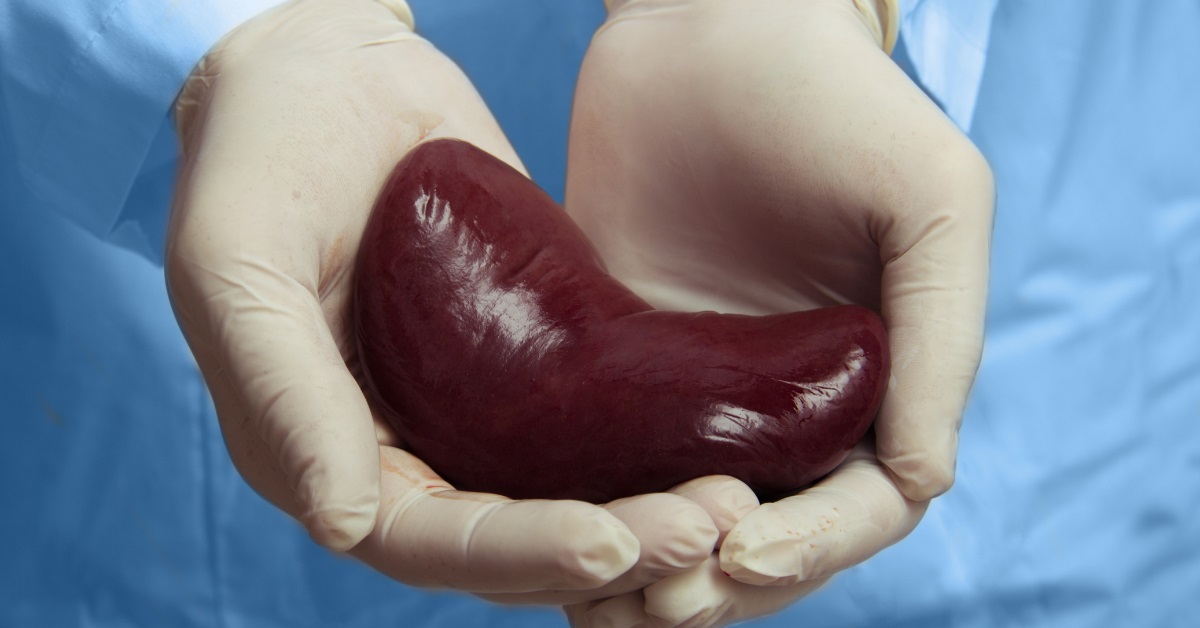A kidney transplant is a process that involves the implantation of a new donor kidney into your body. Kidney failure is the most common reason for this procedure. Your new kidney will begin to perform the functions of the failing organ after it is attached. In most cases, the transplanted kidney is put on the lower right or left side of your abdomen.
Where does the new kidney come from?
Living donors and deceased (non-living) donors both provide kidneys for transplantation. Immediate family members or spouses are the most common living donors. Deceased donor kidneys are mainly from people who signed organ donor cards before they died, indicating that they wanted their kidneys to be donated.
All donors are thoroughly vetted to ensure a good match and avoid the spread of infectious illnesses or other issues.
The living donor:
Family members may request a kidney donation, such as siblings, sisters, parents, children (18 years or older), uncles, aunts, cousins, or a spouse or close friend. This individual is referred to as a “living donor.” The donor must be in good health, have a good understanding of the transplant process, and be able to give informed permission. Any healthy person is perfect to donate a kidney.
Deceased Donor:
A brain-dead donor kidney is retrieved from a person who has died. The hospitals allow anyone, including family members, to consent to organ donation for transplantation at the time of death. Once permission to donate is granted, the kidneys are removed and maintained until a receiver is found.
Evaluation for the transplant:
Special blood tests are required to determine what type of blood and tissue is present, regardless of whether the kidney transplant is from a living donor or a deceased donor. This data aids in the matching of a donor’s kidney to a receiver.
Phases of transplant:
Pre Transplant:
This refers to the time a patient is on the deceased donor waiting list or before the evaluation of a possible living donor is completed. The receiver is tested to confirm that the procedure will be safe and that they will be able to handle the anti-rejection medicine required after the kidney failure treatment. The types of tests vary depending on the patient’s age, gender, renal disease cause, and other medical issues. These could include, but these are not limited to, the following:
- Maintenance of general health: general metabolic laboratory testing, coagulation studies, complete blood count, colonoscopy, pap smear, and mammography (women), and prostate (men)
- Electrocardiograms, stress tests, echocardiography, and cardiac catheterization are all used in the evaluation of the cardiovascular system.
- Spirometry and a chest x-ray are used to evaluate the lungs.
Kidney Transplant Surgery in Coimbatore:
The kidney transplant surgery is carried out under general anesthesia. Typically, the procedure takes 2-4 hours. A heterotopic transplant is one in which the new kidney is put in a different location than the existing kidneys. (Orthotopic transplants, such as liver and heart transplants, remove the damaged organ and replace it with the transplanted organ in the same spot.) The kidney transplant is inserted in the pelvis, in the lower abdomen’s front (anterior) region.
The original kidneys are rarely removed unless they are causing substantial difficulties, such as uncontrollable high blood pressure, recurrent kidney infections, or being significantly enlarged.
The artery that supplies blood to the kidney and the vein that returns it are surgically joined to the artery and vein that already exist in the recipient’s pelvis. The bladder is attached to the ureter or tube that transports urine from the kidney. In most cases, the recovery time in the hospital is 3-7 days. Reach out to the best kidney hospitals to undergo a safe kidney transplant and avoid complications.
Post Transplant Period:
The post-transplant phase necessitates careful monitoring of kidney function, early signals of rejection, medication modifications, and surveillance for immunosuppression-related side effects such as infections and malignancies.
Because the transplanted organ is a “foreign object,” the body can attack it just as it can fight bacteria and viruses (germs) that cause sickness. Rejection happens when the body rejects the donated kidney.
Rejection is a common adverse effect of transplantation, with up to 30% of persons receiving a kidney transplant experiencing some level of rejection. The majority of rejections happen within six months after the transplant, but they can happen at any moment, even years later. In most cases, prompt treatment can reverse the rejection. Reach out to the top 10 nephrologists in Coimbatore, and choose the specialist according to your requirement to undergo advanced kidney transplantation.
Benefits of undergoing a Kidney Transplant:
After a successful kidney transplant, you get more strength, stamina, and vitality. After the transplant, you should be able to resume a more normal lifestyle and have better control over your daily activities. You can maintain a healthy diet and increase your water intake.
If you were on dialysis prior to the transplant, you would have more flexibility because dialysis schedules would no longer confine you.
Anemia, a common complication of kidney failure, may be treated by a transplant. After transplantation, you may need fewer blood pressure drugs if you have hypertension (high blood pressure).
What happens to the old kidney after the kidney transplant?
The diseased kidneys are usually not removed. There are three circumstances that may need the removal of your damaged kidneys:
- Infections could spread to the transplanted kidney on a regular basis.
- Your original kidneys are to blame for your uncontrollable hypertension.
- Urine stores up in your kidneys (a condition called reflux).
Transplanting a kidney can seem like getting a second chance at life. There are numerous advantages to obtaining a transplant, including improved health and more flexibility to pursue your passions. It’s crucial to remember, though, that a kidney transplant is a treatment, not a cure, and you’ll need to take extra care of yourself and your donated kidney.
It is essential to understand that the functioning of the kidneys plays a significant role in human health. Talk to your best kidney transplant surgeon before choosing the transplantation and get to know everything about it. The key, though, is moderation and knowing your boundaries. You will most likely have less energy at first than you did before the procedure.
Your body will need time to repair and adapt to your new drugs. To avoid straining your recovery, napping and timing your activities are recommended. Book your appointment with the Coimbatore Best Hospital to undergo kidney transplantation treatment.

